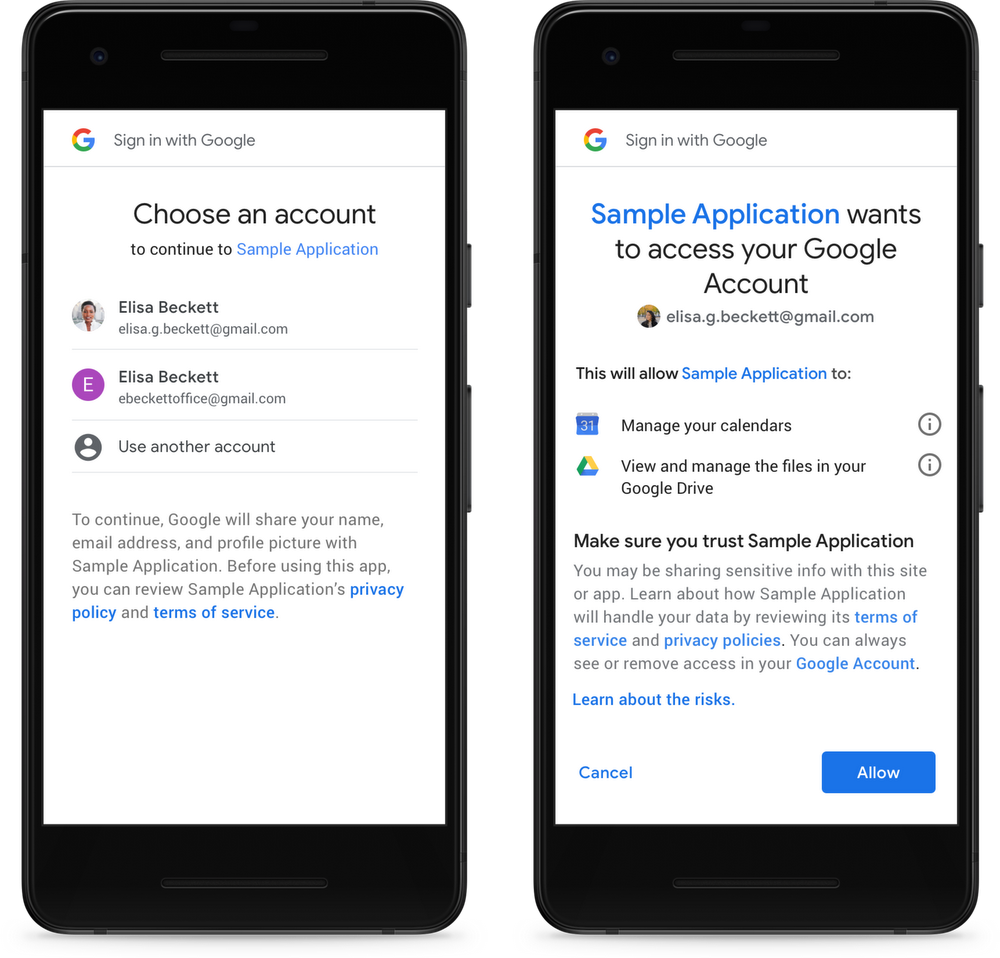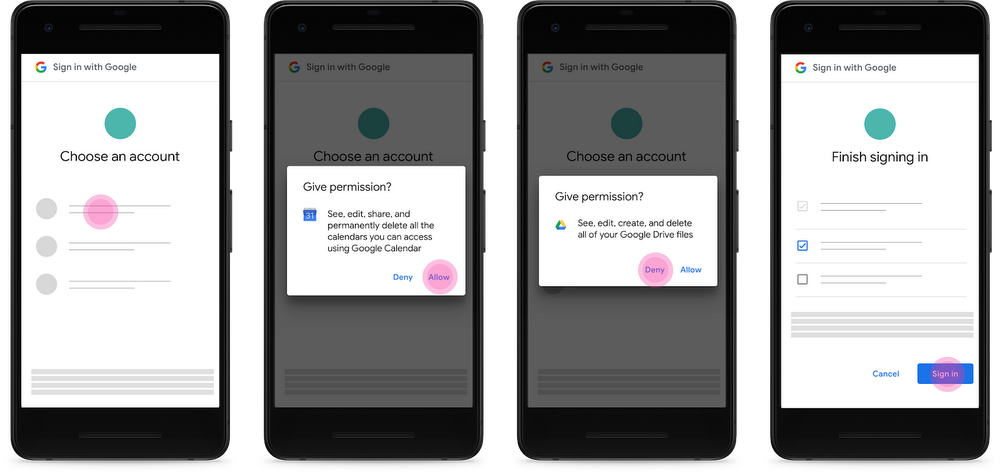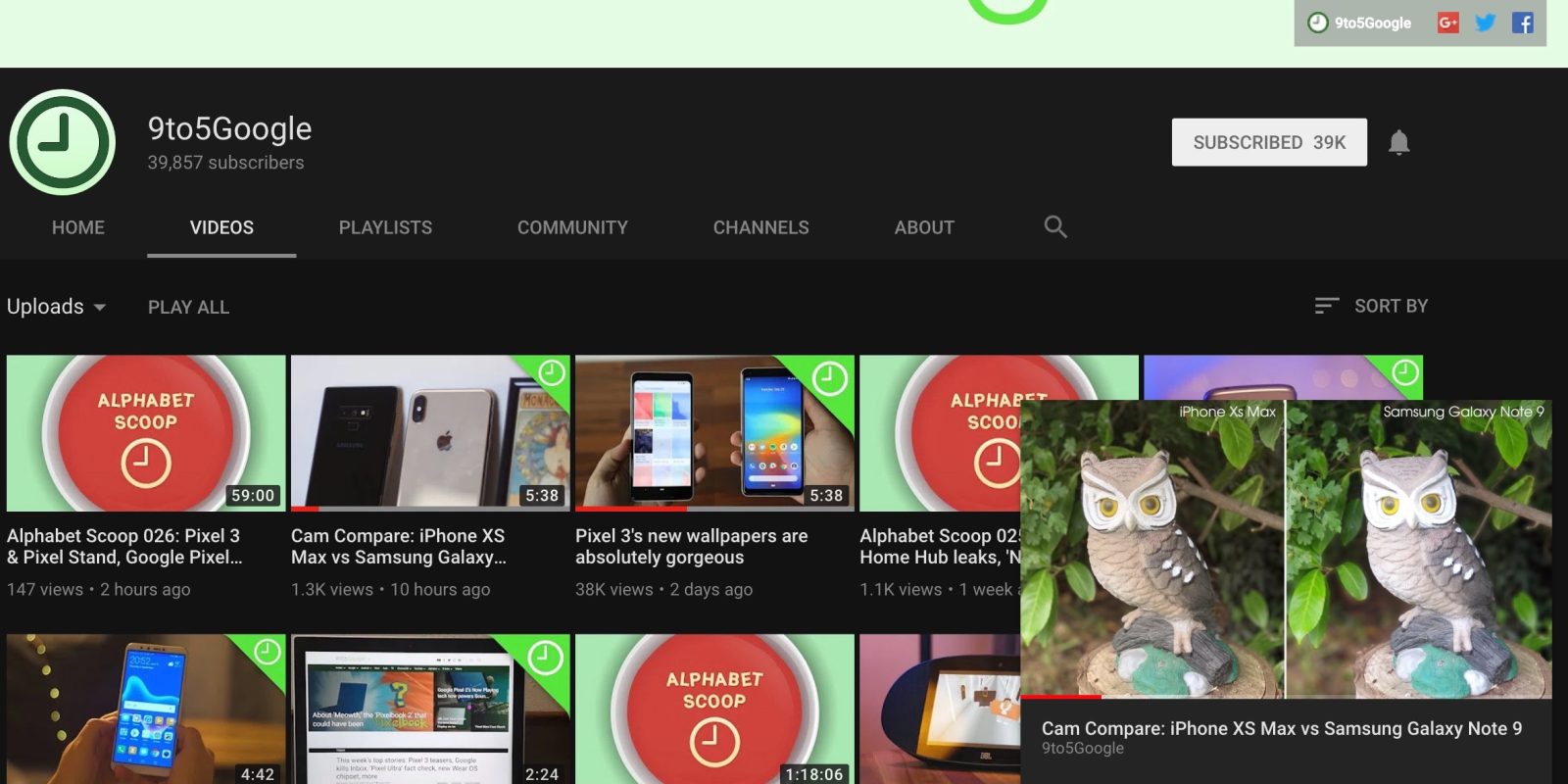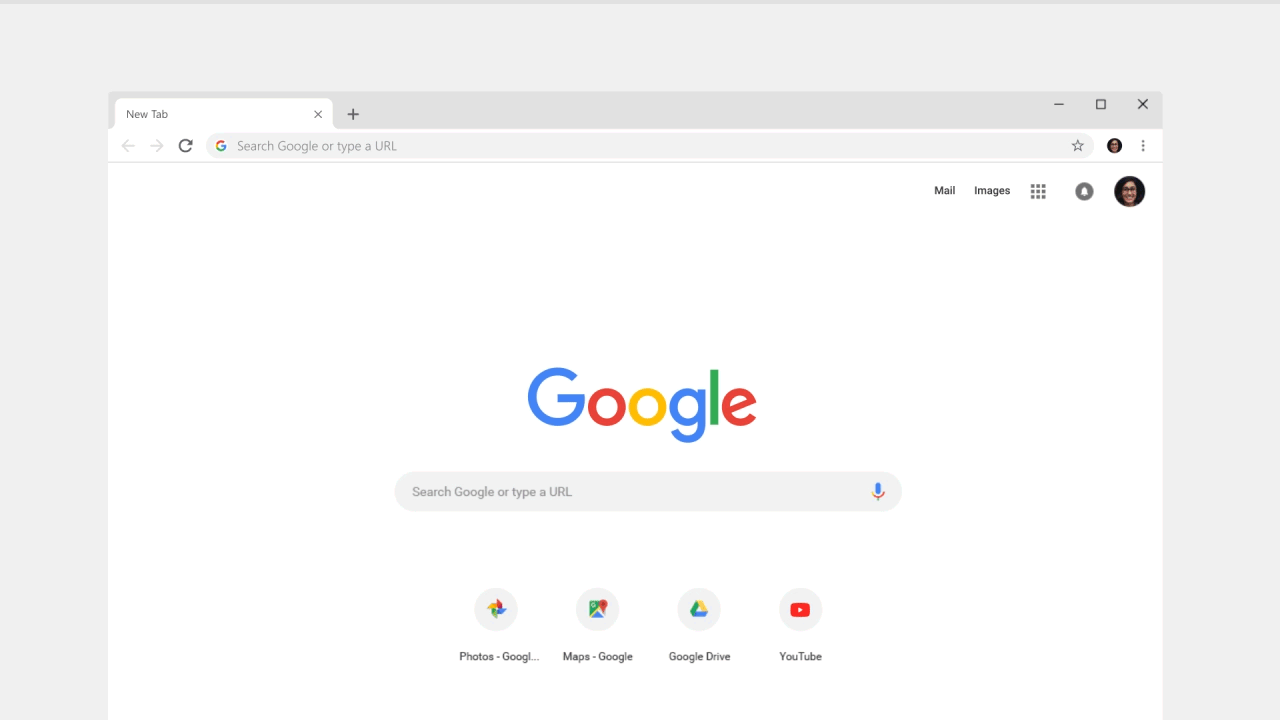 Millions of Internet subscribers use their connections to download and share copyright-infringing content. It’s been going on for almost two decades already and shows no sign of stopping.
Millions of Internet subscribers use their connections to download and share copyright-infringing content. It’s been going on for almost two decades already and shows no sign of stopping.
For the vast majority of users, this kind of activity has no consequences. People grab the latest movies or TV shows, for example, and then hear no more. For many, this means they simply carry on, oblivious to the fact that their unauthorized transfers are probably being monitored by someone, somewhere.
In the majority of cases, this monitoring is simply for research purposes but increasingly, as content companies seek to reduce copyright infringement, further action might be the next step. That usually means that ISPs are contacted, with a request for them to tell their customers to stop pirating content.
Copyright infringement notices
The first time an Internet user realizes this has happened is when they receive correspondence from their ISP. This could potentially be a letter but it’s more likely to arrive in the form of an email, delivered to the account registered with the ISP.
From reports posted online, this is where many users begin to panic. The idea they’ve been caught doing something illegal seems to prevent them from reading the notice slowly and taking in all the details. This is a fundamental mistake and one that should be immediately rectified in order to understand what’s happened and is likely to happen moving forward.
Read the warning notice – and now read it again
While notices sent to subscribers differ between ISPs, they are all very clear. They will explain what is alleged to have happened and when, who made the complaint, the content involved (movies, TV shows etc), and what the user should do next. They are designed to be easy to understand and when read calmly, they are.
Generally, a notice will state that a subscriber’s Internet connection was allegedly used on a certain time and date to download and share copyright-infringing material. The notice will provide the IP address in use at the time and the name of the company that owns the rights to the content in question. It will also order the subscriber to prevent it from being shared again in the future.
While notices can be sent in error, anecdotal evidence indicates that the majority are accurate. When that is the case, users should follow the instructions in the infringement email. They might include ensuring WiFi networks are secure, speaking with other people in the house who may have committed the infringement, and checking computers to ensure they aren’t infected with malware.
In any event, subscribers who are required to respond to notices should take care not to incriminate themselves or others. For initial offenses, however, ISPs tend not to ask for feedback from the user so when that’s the case, no response needs to be provided.
Demands in infringement notices
In basic terms, most infringement notices are like speeding tickets but without the immediate cash fine. They are designed to be a warning and to prevent the same thing from happening again. When this is the case, the infringement notice makes that clear.
If users are still downloading and sharing the same content in their torrent client (the source of most infringement notices) the notices demand that they remove that content immediately and never share it again. Carrying on sharing in the face of a warning could result in more notices being sent for the same ongoing infringement, with additional consequences we’ll come to later.
Some ISPs also ask the account holder to fill in a questionnaire, which acknowledges that the subscriber has received the warning, understood it, and – in appropriate circumstances – has taken action to stop the infringement being repeated. Again, recipients should be cautious not to incriminate themselves but they are rarely asked to do so.
Importantly, there is sometimes an opportunity to contest the infringement claim so if notices are erroneous, the subscriber might choose to file a counter-complaint after assessing the situation.
Receiving no more notices is relatively simple
While many users panic when receiving infringement notices from their ISP, in the majority of cases there is no need to worry. Stopping sharing the content in question usually solves the problem and if no additional sharing takes place, no further warnings should be received, for that content at least.
However, those who disregard warning notices or fail to check the email address registered with their ISP (so they don’t know they’ve been receiving warnings), things can get complicated.
Repeat infringers are at risk
Subscribers whose Internet connections are used to infringe copyright on a number of occasions are now labeled ‘repeat infringers’. Under US law, this can turn into a more serious situation.
As clarified in a recent case involving ISP Cox Communications, action must be taken by ISPs against those who keep on infringing, or they risk being held liable themselves. This has probably contributed to the increased volume of infringement notices being passed on to subscribers and the corresponding reports of them online.
An article published by TF back in February reveals how Comcast deals with persistent pirates. Other ISPs will follow different processes but the basic idea is that if users keep on infringing, at some point they’ll be faced with consequences, possibly a suspension or even termination of their Internet connection.
How can Internet users be sure never to receive a warning?
The clearest and most foolproof piece of advice is that those who don’t share infringing files with others are the ones that never receive a notice. While some innocents do get sent notices in error, the safest approach is not to share infringing files using BitTorrent and similar peer-to-peer software. These transfers are public and can be tracked.
However, as any file-sharing forum reader will know, plenty of pirates carry out their hobby on daily basis without ever receiving an infringement notice.
The reasons for this are varied, but it usually boils down to people using streaming and/or direct download sites, or by protecting their BitTorrent connections with a VPN. Others are simply lucky or have chosen content that for some reason isn’t being monitored for infringements.
Important: Not all infringement notices are benign
In a relatively small number of cases, copyright holders aren’t interested in warning alleged pirates – they want to sue them and/or extract a cash settlement. When this is the case, correspondence received from a user’s ISP usually makes it clear that a copyright holder is trying to obtain their identity and personal details with a view to legal action.
If users receive such a notice, immediate legal advice should be sought since there are no second chances. Under no circumstances should recipients ignore this type of ‘warning’ as doing so could potentially lead to an expensive default judgment.
Conclusion
Notices of infringement targeted at regular Internet subscribers in the US are usually issued for the purposes of a) stopping the current infringement and b) encouraging users to stop infringing in future.
The decision to stop infringing (or carry on behind a VPN or similar) is obviously a personal choice but in 2018 it’s clear that being caught on multiple occasions puts ISPs in a position where they must take action, or face potential consequences themselves. No prizes for guessing who’ll get thrown under the bus when the pressure is on.
None of the above should be construed as legal advice. If there is any uncertainty concerning the nature of an infringement notice, users should seek professional advice.
Source: TF, for the latest info on copyright, file-sharing, torrent sites and more. We also have VPN reviews, discounts, offers and coupons.





 Welcome to the roundup of the best new Android games that went live in the Play Store or were spotted by us in the previous week or so. This week I have an interesting take on the classic Pac-Man arcade formula, a fantastic heavy equipment excavation game, and an auto-runner themed after the original Prince of Persia video game. So without further ado, here are the most notable games released in the last week.
Welcome to the roundup of the best new Android games that went live in the Play Store or were spotted by us in the previous week or so. This week I have an interesting take on the classic Pac-Man arcade formula, a fantastic heavy equipment excavation game, and an auto-runner themed after the original Prince of Persia video game. So without further ado, here are the most notable games released in the last week.









 Welcome to the latest entry in our Bonus Round series, wherein we tell you all about the new Android games of the day that we couldn't get to during our regular news rounds. Consider this a quick update for the dedicated gamers who can't wait for our weekly roundups, and don't want to wade through a whole day's worth of news just to get their pixelated fix. Today we've got a casual physics-based cat burglary game, a dreadfully challenging Souls-like game, an excellent dungeon crawler filled with puzzles, a mobile game adaptation of Who Wants To Be a Millionaire, the first Western release of Sega's Pocket Club Manager, and an adorable idle game.
Welcome to the latest entry in our Bonus Round series, wherein we tell you all about the new Android games of the day that we couldn't get to during our regular news rounds. Consider this a quick update for the dedicated gamers who can't wait for our weekly roundups, and don't want to wade through a whole day's worth of news just to get their pixelated fix. Today we've got a casual physics-based cat burglary game, a dreadfully challenging Souls-like game, an excellent dungeon crawler filled with puzzles, a mobile game adaptation of Who Wants To Be a Millionaire, the first Western release of Sega's Pocket Club Manager, and an adorable idle game.






 을 높여!!ㅋㄱㅋ
을 높여!!ㅋㄱㅋ . . 춤추는강아지
. . 춤추는강아지 귀여웡.ㅋㅋㅋㅋㅋㅋㅋㅋ . . 펫스타일리스트 @sunwoo_89 신들린 가위손 선우쌤 ㅋㅋㅋ
귀여웡.ㅋㅋㅋㅋㅋㅋㅋㅋ . . 펫스타일리스트 @sunwoo_89 신들린 가위손 선우쌤 ㅋㅋㅋ
 (For licensing or usage, contact licensing@viralhog.com) #강아지삼총사#강남애견미용 #포메미용잘하는곳 #포메곰돌이컷#스트레스없는강아지미용실 #강아지미용 #ポメ#ポメラニアン#子犬#博美犬 #小狗#puppy#pomeranian#pome #불금
(For licensing or usage, contact licensing@viralhog.com) #강아지삼총사#강남애견미용 #포메미용잘하는곳 #포메곰돌이컷#스트레스없는강아지미용실 #강아지미용 #ポメ#ポメラニアン#子犬#博美犬 #小狗#puppy#pomeranian#pome #불금